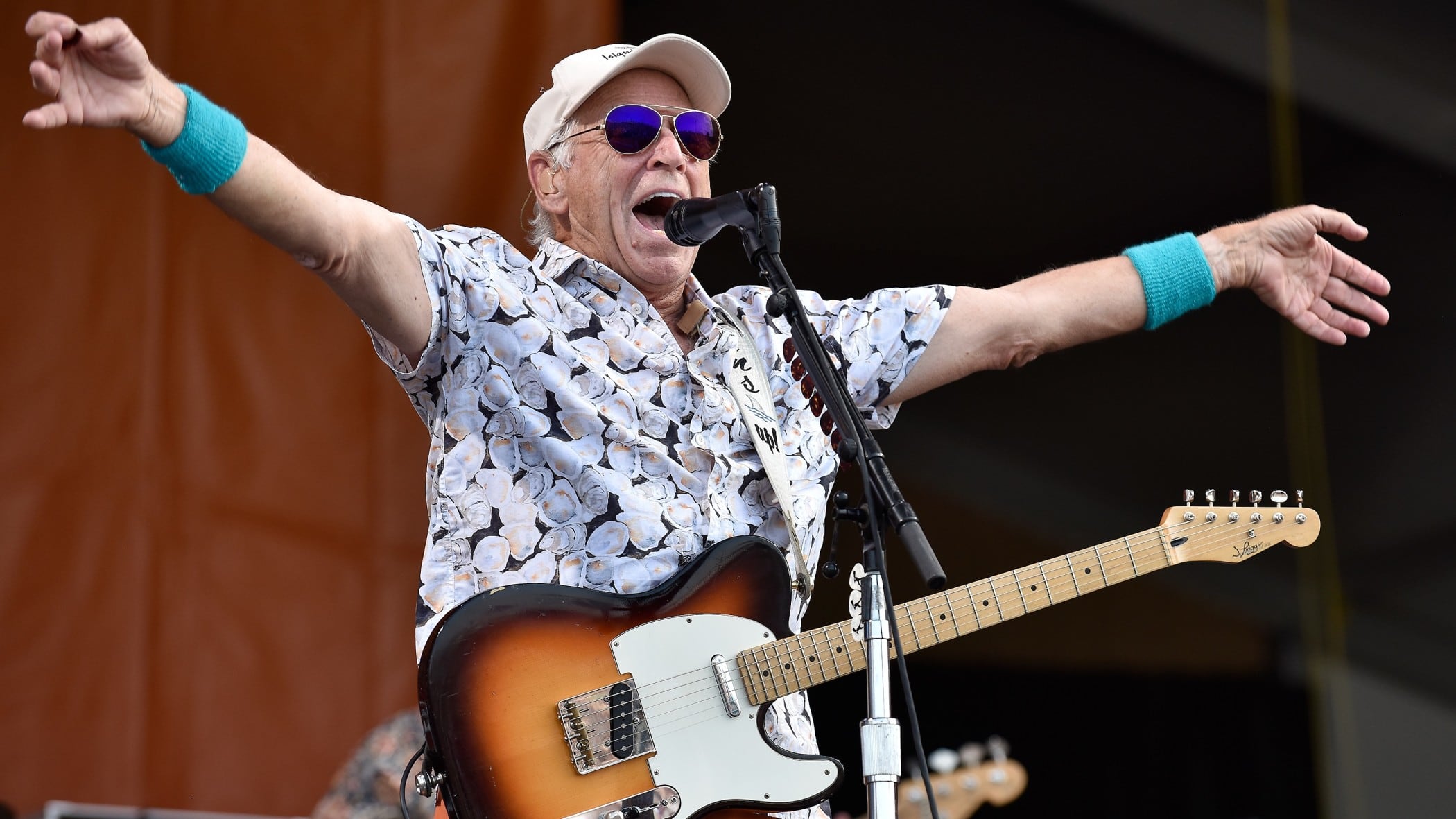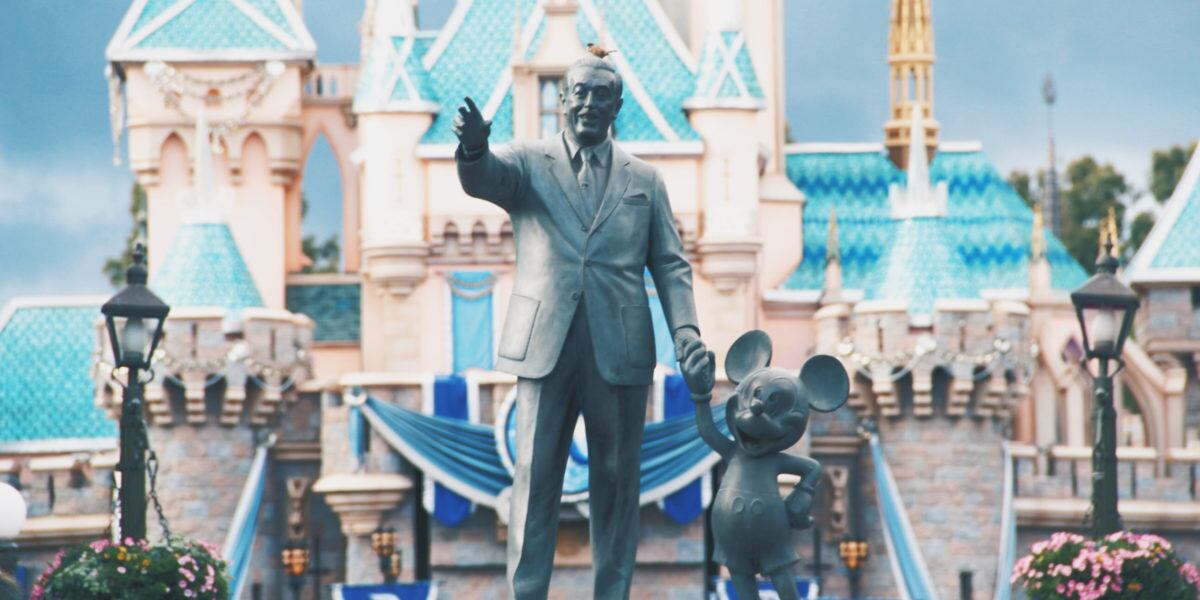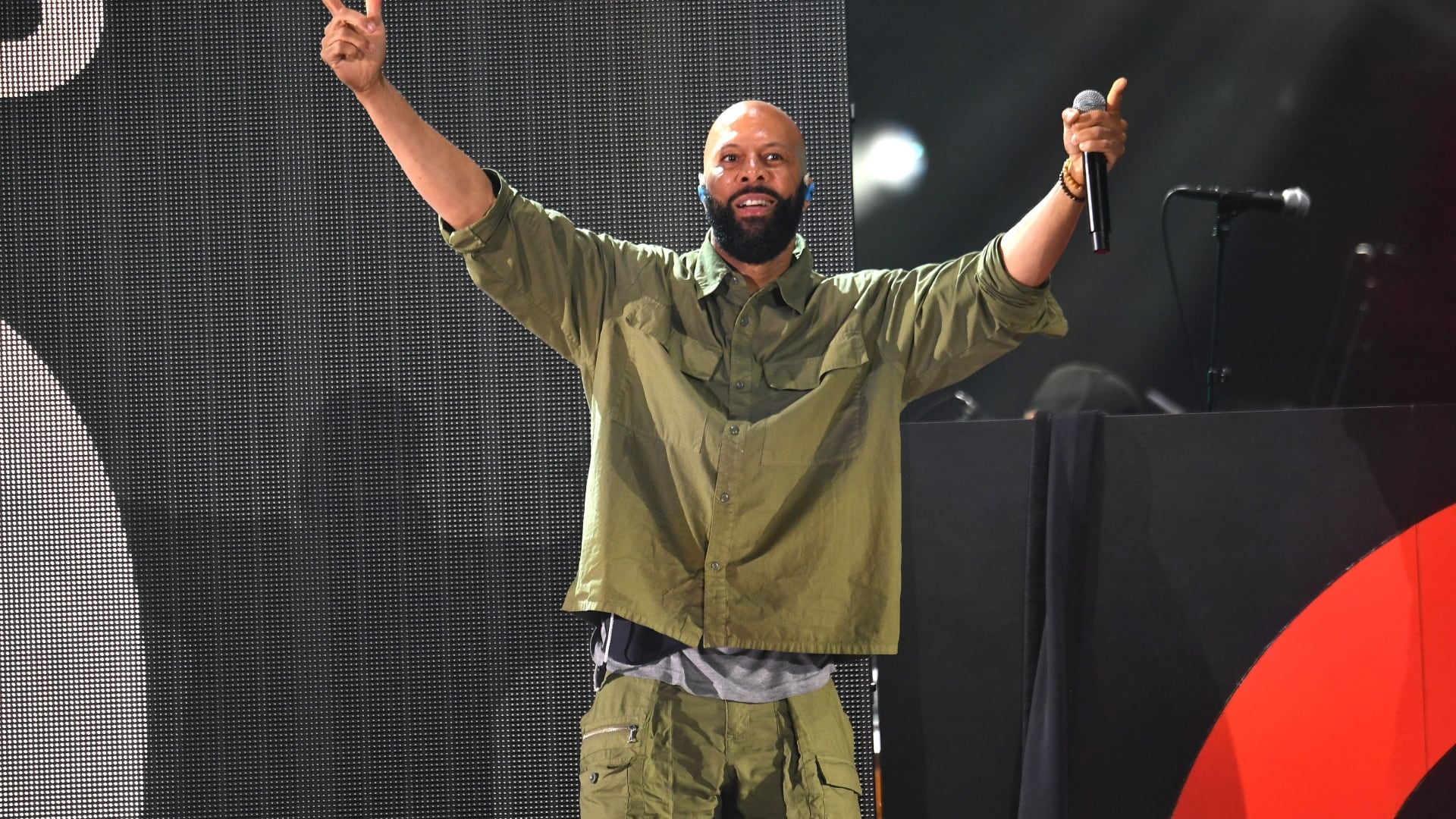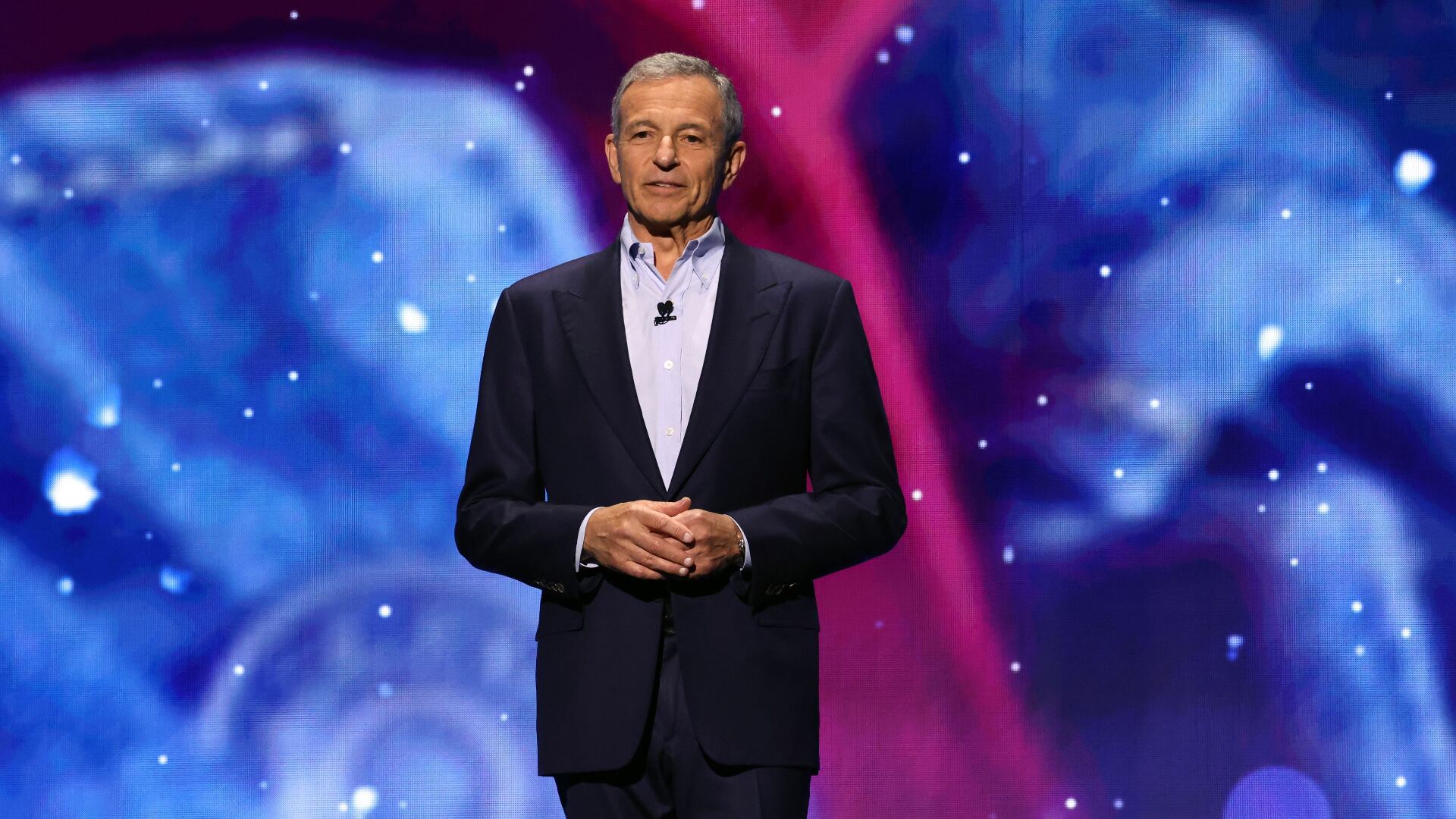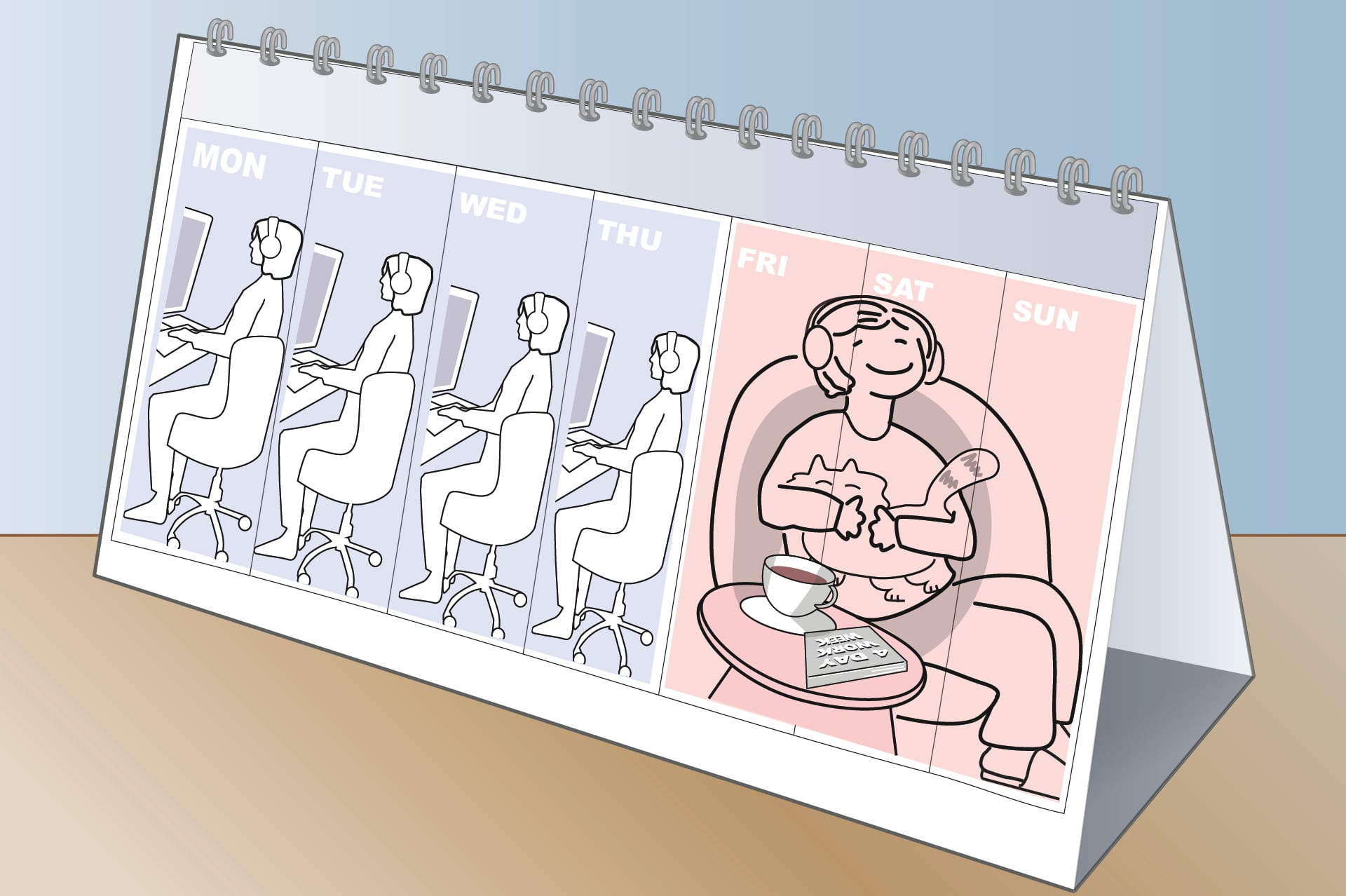By Ted Anthony
It seemed wistfully appropriate, somehow, that news of Jimmy Buffett’s death emerged at the beginning of the Labor Day weekend, the demarcation point of every American summer’s symbolic end. Because for so many, the 76-year-old Buffett embodied something they held onto ever so tightly as the world grew ever more complex: the promise of an eternal summer of sand, sun, blue salt water and gentle tropical winds.
He was the man whose studied devil-may-care attitude became a lifestyle and a multimillion-dollar business — a connecting filament between the suburbs and the Florida Keys and, beyond them, the Caribbean. From Margaritaville to the unspecified tropical paradise where he just wanted to eat cheeseburgers (“that American creation on which I feed”), he became a life's-a-beach avatar for anyone working for the weekend and hoping to unplug — even in the decades before “unplugging” became a thing.
“It’s important to have as much fun as possible while we’re here. It balances out the times when the minefield of life explodes," he posted last year.
The beach has stood in for informality and relaxation in American popular culture for more than a century, propelled by the early Miss America pageants on the Atlantic City boardwalk and the culturally appropriative “tiki” aesthetic that GIs brought back from the South Pacific after World War II. It gained steam with the Frankie Avalon and Annette Funicello “Beach Blanket Bingo” years, the mainstreaming of surfing and beach-motel culture and the Beach Boys' “California Girls." And it continues unabated — just look to the dubious stylings of MTV's “Jersey Shore.”
That train arrived at Margaritaville in the 1970s, and Buffett jumped aboard and became the conductor and chief engineer of its gently rebellious counterculture. He was hardly a critical darling, but he was, as he sang, “a pirate, 200 years too late” who believed that latitude directly impacted attitude. That accounted for a lot of the mass appeal.
These days, for every piece of the culture that made the shoreline or the tropical island a potentially dispiriting place to become unanchored — “The Beach” or “Lost” or even, heaven help us, “Gilligan’s Island” — there is a counterbalancing Buffett song right there to tell you that at the edge of the land you can find peace, or at least a chance at it.
There was of course “Margaritaville,” the song that launched a “Parrothead” empire, the one that prescribed taking time “watching the sun bake” and invoked “booze in the blender” and shrimp "beginnin' to boil” (from which you can draw a direct line to the sensibility of seafood restaurant chains like Joe's Crab Shack).
There was “Last Mango in Paris,” in which the singer had to “get out of the heat” to meet his hero, who told him to inhale all that life offers, and that even after that, “Jimmy, there's still so much to be done.” There was “'Bama Breeze,” an ode to a bar along the Gulf Coast where “you’re one of our own" and, says the protagonist, “Good God, I feel at home down there.”
And there was “Come Monday,” in which a trip to do a gig in San Francisco — on Labor Day weekend, no less — became a meditation on city ("four lonely days in that brown LA haze") vs. paradise ("that night in Montana") and which he liked better.
Here was the funny thing, though: In that song, the unrepentantly inland Montana became his beach, his paradise of the moment. That was part of why he resonated: because the metaphorical Buffett beach could be pretty much anywhere that contained people looking for a bit of peace.
Just as country music spent decades building “country” from an actual geography into an entire state of mind, Buffett — whose roots were in country and folk — did the same thing with the beach. In his hands, it became an aesthetic as much as a place — the anti-city, where the backbreaking labor and the cubicle blues could be left behind for a realm where real people roamed. That's been a deeply American trope from the beginning.
Americans have always romanticized the frontier — the edge of civilization, the place whose exploration defined them. But the frontier was, of course, a lonely and dangerous place. As Buffett rhapsodized, the sand-covered edge of the land that he so adored was also the edge of civilization — but only in the most appealing (and, not coincidentally, mostly apolitical) ways possible. In the universe of his songs, the beach was a safe frontier that you could explore if you wanted to. But you could also sit back in a straw hut and hat, sip a Corona, contemplate your navel and your sins — and be left alone.
In their 1998 book “The Beach: The History of Paradise on Earth,” Lena Lenček and Gideon Bosker trace the emergence of the beach as “a narcotic for holiday masses." They write: “Before it could be transformed into a theater of pleasure, it had to be discovered, claimed and invented as a place apart from the messy business of survival.”
Buffett and his music — and the empire they begat — became pivotal figures in that claiming and invention. Through them, the off-the-grid sensibility and the loud-shirt aesthetic were vigorously mainstreamed and popularized.
All of his imagery, beach and beach-adjacent, shouted to us that there was a better, more relaxing way than regular daily life. It said that all those characters and people were waiting there for us with bare, sandy feet and cold beers and a bit of melancholy, and that we could jack into that sunny world and escape the monotony — for a long weekend or forever.
And therein lies a rub.
These days, summer ain't what it used to be. With apologies to Buffett and the Beach Boys, the notion of an “endless summer” has a different, more unsettling connotation after these climate-change-inflected months of dangerous heat and devastating wildfires in places like Maui. Five years ago, even Paradise burned. And the sun-saturated Buffett himself, according to his official website, died of a rare form of skin cancer. So “watching the sun bake” has become a statement with multiple layers, and some of them are more rueful than relaxing.
Jimmy Buffett's work was big on not reading too much into things. You could say, fairly, that his musical aesthetic was built around a three-word statement: Don't overthink it. “Never meant to last,” he once sang. But as with most artists who echo resoundingly in the culture, his work — and, not incidentally, the legions of Parrotheads whose lifestyles he inspired — takes on additional dimensions when you pull the lens back and consider the broader shoreline.
That was true especially when the flip-flop fantasy collided with the reality that most people live. That collision took place at the intersection where Buffett was the most memorable, where the summer of the mind met the reality of the rest of the year. As he put it in “Son of a Son of a Sailor”: "The sea’s in my veins, my tradition remains. I’m just glad I don’t live in a trailer."
